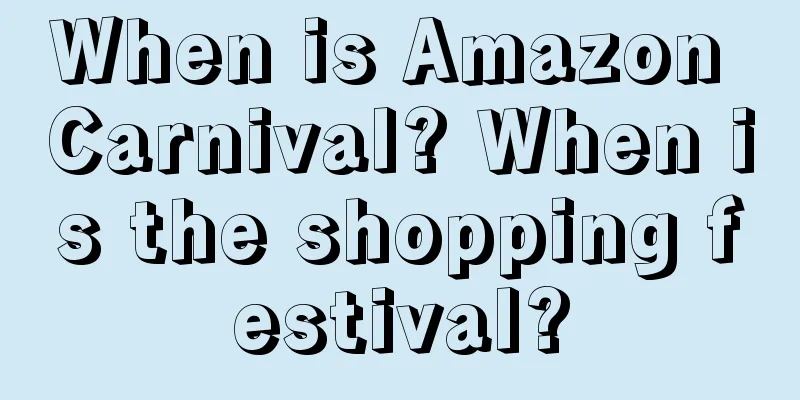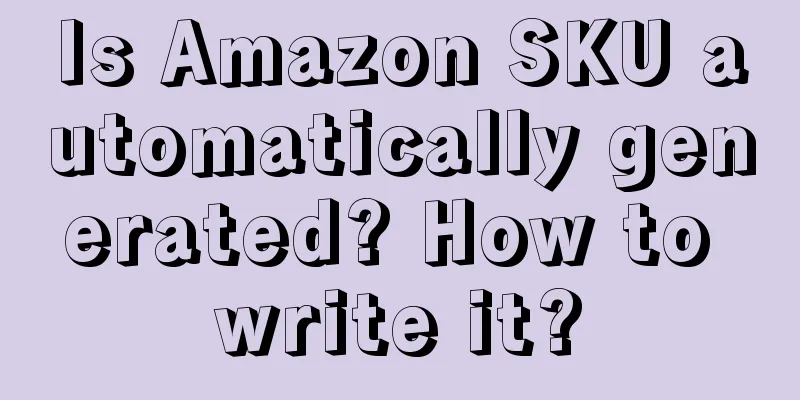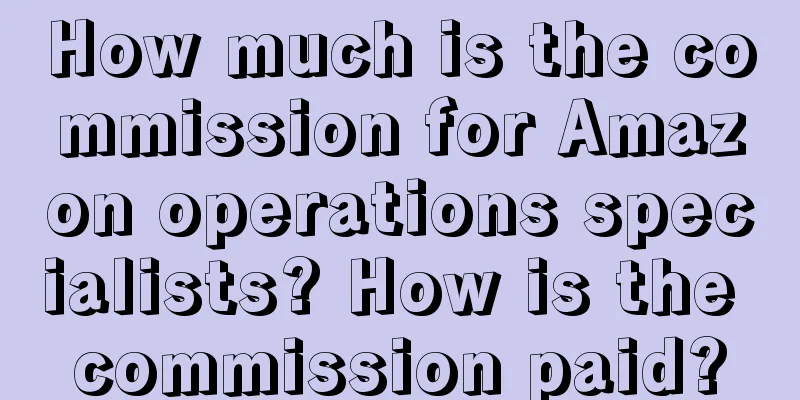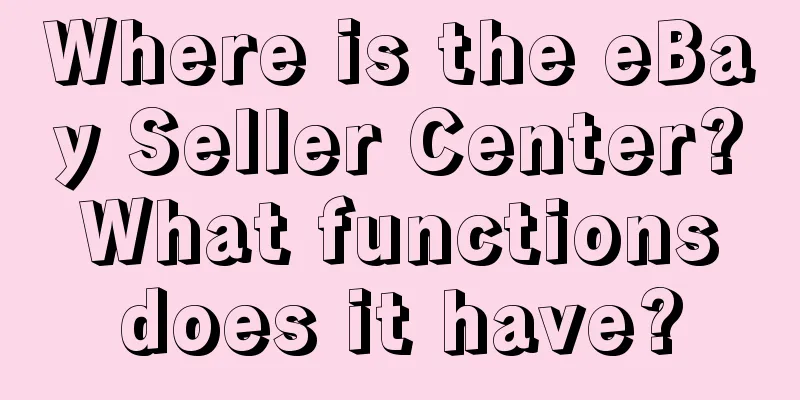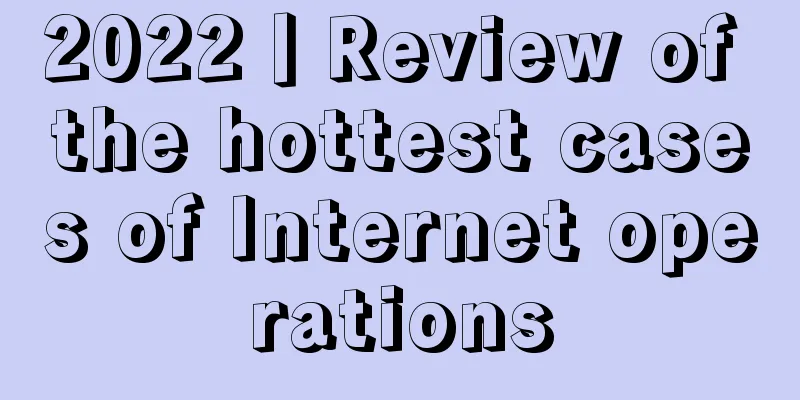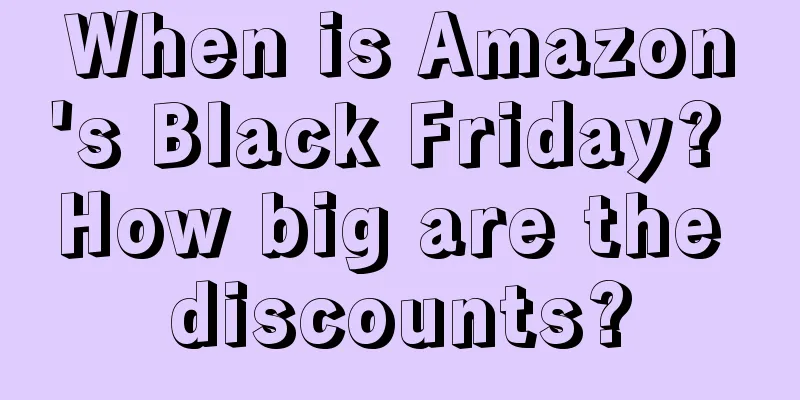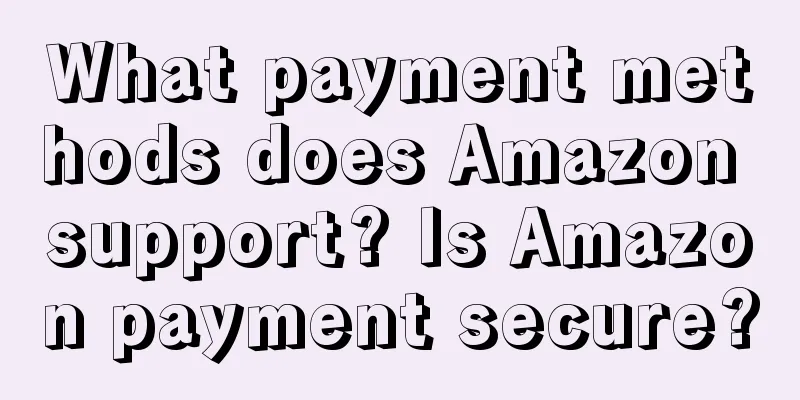Metaverse Marketing, PepsiCo Has Mastered It
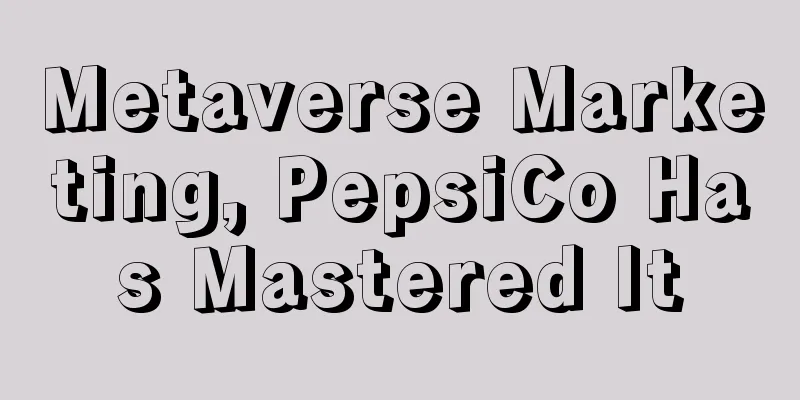
1. Pepsi’s Metaverse: Is it just following the trend or is there something real?Judging from the time of its outbreak, the "metaverse" has only been a trend for about two years, but Pepsi is the real big brother. It was invented by pharmacist Caleb Bradham in 1893 and was then called "Brad's Drink". It was officially renamed "Pepsi-Cola" in 1898. Pepsi-Cola Company was founded in 1902 and then gradually expanded to the world. Image source: PepsiCo official website In PepsiCo's more than 100 years of development history, product marketing is an unavoidable part, and its essence is to build voice, educate minds, and sell products. Who didn’t get to know Happy Water from advertisements? I still remember that TV advertisements were everywhere back then, and the marketing methods in the Internet era were even more varied. In the end, Pepsi and Coca-Cola divided the world, and consumers developed the inertia of brand selection through continuous marketing education. The times are changing, and in order to maintain its first-tier advantage, Pepsi must always stay closely connected with the latest generation of consumers. This time, it has set its sights on the popular Metaverse. No matter how big PepsiCo's business is, it is still a retail business. So let's take a look at how PepsiCo's Metaverse is doing from the three classic dimensions of people, goods, and venues . 1. People: Pushing for the debut of virtual idolsMany brands launched their own digital humans or collaborated with some virtual bloggers when they first entered the metaverse. In comparison, PepsiCo did not start working on digital humans early. Before the high-profile official announcement of the Pepsi family virtual idol TEAM PEPSI in July 2022, the outside world still held a wait-and-see and speculative attitude towards Pepsi's determination to layout the metaverse. Until TEAM PEPSI debuted, just like the fulcrum that Archimedes said could move the earth, the door to the Pepsi universe was further opened to the public. It is worth mentioning that TEAM PEPSI is a virtual idol group, that is, Pepsi launched four digital people at once. They are designed based on four classic products: Pepsi-Cola, Pepsi-Cola Zero Sugar, 7-Up, and Mirinda, and their costumes and props correspond to the theme colors of different products. Taking advantage of the popularity of TEAM PEPSI, Pepsi teamed up with Tencent's virtual music carnival TMELAND to launch the first domestic metaverse Live House "Pepsi Music Dreamland". This 3D virtual concert achieved the effect of combining the virtual and the real to a certain extent. Before the performance, Pepsi invited users to DIY write lyrics and participate in co-creation; during the performance, the 360° scene changed at any time. TEAM PEPSI brought Pepsi's first metaverse theme song "Pepsi Cypher". Real musicians such as Afegeni and Pharaoh appeared on the scene with virtual images. Online audiences could watch the performance immersively with customized images and concert perspectives. Image source: "IP Master" It is reported that more than 4 million viewers logged into TMELAND with their virtual images that night. Although the audience's sense of immersion is still lacking due to the equipment threshold, being able to be in the same space with the performers with digital avatars has aroused everyone's expectations and discussions about the future of metaverse immersion. From this perspective, users will have a more concrete experience of the role of digital humans as the entrance to the metaverse. Image source: "IP Master" 2. Goods — NFT and physical products in parallelIn terms of NFT, Lay's, a subsidiary of PepsiCo, launched ImpactNFT in September 2021, which is available from Lay's official OpenSea page, but it did not make much splash. In December of the same year, to celebrate the birth of Pepsi, the "Pepsi Mic Drop" Genesis NFT series was released, with a total of 1,893 pieces, randomly generated by an algorithm, aiming to pay tribute to the brand's legendary history in music and Pepsi's flavor series, including classic blue Pepsi, silver sugar-free Pepsi, red wild cherry Pepsi, black zero sugar Pepsi, crystal Pepsi, etc. Todd Kaplan, Vice President of PepsiCo, once said:
More importantly, the launch of “Pepsi Mic Drop” marks Pepsi’s official entry into the NFT track, and its competition with Coca-Cola, which is launching NFT on Decentraland at the same time. A year later, in November 2022, Pepsi announced on Polygon that it would create a new NFT series "Pepsi Black NFT Collection" and enter the Indian market, with a total of 20 models, using fashion, games, music, social media, dance, creativity and the environment, which are the content that most resonates with young people today, as the starting point for creation. This series of NFTs is not limited to online transactions, but also includes offline gameplay that makes users more involved. Pepsi held a "Pepsi Black effect" challenge on social media platforms. Consumers participated through the lens of Pepsi Black and showed their biggest SWAG characters (very stylish). The winners had the opportunity to win NFTs and Pepsi-related physical products. Pure NFT may not be able to reach ordinary consumers, but when it is linked to offline gameplay and physical goods, its significance is very different. The deepening of consumer participation will be more conducive to the brand's further user operations. In terms of physical products, PepsiCo also implements the consumer meta-universe principle of combining the virtual and the real. In November 2022, PepsiCo held its first Metaverse concept launch conference in Chengdu, collaborating with digital artist SHANE FU to create a visual space, restore the "smart new realm" of digital collections, and launch limited AR experience cans to create an interactive space where virtual and real coexist. It can be obtained by joining the PepsiCo Beverage Flagship Store membership and participating in designated activities. This is not the first time Pepsi has combined with AR. In April 2021, Pepsi and NetEase Cloud Music jointly launched the "POPFIZZAHH" theme event worldwide. Consumers only need to open the AR scan of the NetEase Cloud Music App and scan the side pattern of the Pepsi blue can to experience the 360° music interaction filled with the sounds of "Pops", "Clinks", "Fizz" and "Ahhs". The logic of PepsiCo’s marketing at the “goods” level is consistent with the essence of selling products mentioned above, including the “AR Easter eggs” on these products, which are all for sales purposes. 3. Venue – Building a Pepsi concept storePepsi's metaverse "field" is basically centered around the "Pepsi Concept Store". As early as 2017, Pepsi launched the "Pepsi Concept Store", a trendy cultural experience space for young consumers, which was officially regarded as "the most cutting-edge trend connection point between the brand and young people". It is reported that in the initial design, bottle caps were the only currency of the concept store, so the main gameplay of the Pepsi Concept Store in the early stage was to use Pepsi bottle caps to connect online and offline. Offline, consumers can use the CDK code inside the product lid to go to the Pepsi Gainian store to enjoy lottery prizes, product discounts, and win limited edition trendy products; online, consumers can scan the code to enter the Gainian store official website and enter the serial code inside the lid to obtain benefits. Image source: Interface To put it simply, the Pepsi Cap Store is a Pepsi brand peripheral store, and the Pepsi Cola bottle caps are physical consumer points that can be used to redeem corresponding rights and interests. This helps Pepsi form its own traffic pool and strengthen users' consumption motivation and loyalty. More importantly, PepsiCo did not treat the Pepsi Concept Store as a one-off pop-up event, but built it as an IP that serves as a carrier of brand culture. This has a positive effect on the integrity of PepsiCo's subsequent marketing chain, such as exhibiting and selling co-branded products to achieve two-way interaction with consumers. Image source: Screenshot of the promotional video of PepsiCo Gainian Store It is also based on the sustainability of IP that the Pepsi concept store is also projected into the metaverse. In August 2022, Pepsi cooperated with Tencent's Super QQ Show to create the first virtual Pepsi concept store. This online experience space is set up in QQ Nest, with two floors. The first floor is a trendy and cool store with a cyberpunk style, and the second floor is a Pepsi summer space with a beachy style. The virtual idols of the Pepsi family also appear in the store as NPCs. On the walls of the trendy store on the first floor, Pepsi's product promotional videos are played in a loop, and users can click "Watch Video" to view the specific content. The Pepsi Summer Space on the second floor is equipped with vending machines where users can buy Pepsi drinks and dress up in their digital avatars to experience virtual consumption. The purchases are made with "furniture vouchers" or "QQ coins" on the QQ Nest platform. The former can be obtained by completing system tasks, while the latter requires recharging. Obviously, the virtual Pepsi Concept Store is an important carrier of Pepsi's metaverse marketing. It is not only a channel to promote products, but also a further exploration and output of brand cultural content, and it can deeply reach young consumers and connect the two spatial dimensions of virtual and real. However, the Pepsi concept store also suffers from the common problems of most current virtual stores: lack of interactive gameplay, difficulty in achieving user retention; the role of the digital human is not fully utilized, and it is just a decoration that says welcome words. Through the above observations, it is not difficult to find that PepsiCo's Metaverse marketing in terms of people, goods, and venues is carried out online and offline at the same time, which is conducive to the mutual guidance of traffic and the formation of its own closed loop of traffic and community culture. Its shortcomings are also obvious, and it is still a long way from the real Metaverse. 2. What is PepsiCo trying to achieve by developing the metaverse?"The speed at which people forget something is not linear. Instead, they start to forget quickly and then the speed of subsequent forgetting becomes slower and slower." This is the forgetting curve studied by German psychologist Ebbinghaus. Based on this, the meaning of marketing is to repeatedly emphasize before people forget, ultimately establishing a longer-lasting impression in the minds of consumers and even forming favorable consumption preferences. This is one of the reasons why PepsiCo is focusing on the Metaverse - marketing must be everywhere, including the "Metaverse", which is not yet fully mature but has become a frequent topic of discussion among young people, in order to seize the market opportunity. From the C-end perspective, the new generation of consumers has gradually taken the initiative in consumption. They are "digital natives" and are naturally more interested in and receptive to new things. At the same time, they have higher requirements for the content of brand advertisements, which means that traditional marketing methods are more difficult to impress them. Relatively speaking, the Metaverse is still a newborn, and young people are curious about it, which will drive them to approach or even enter the Metaverse, so traffic and real money are also flowing to the new track. For brands, this is a signal to change their marketing methods and pay attention to the Metaverse. From the B-side, the trend of the Metaverse has already dragged countless brands into this melee. Coca-Cola has issued batches of NFTs and Metaverse beverages with the help of Coca-Cola Creations; Moutai has directly created a "Xunfeng World" to sell digital and real Moutai liquor in various ways; Etro has created a Metaverse pop-up store to provide wearable virtual equipment... It can be seen that the flames of war between consumer brands in the metaverse have already begun to spread, and one day they will spread all over the prairie. And their competition in metaverse marketing is essentially a fight for the new generation of consumers. In this sense, metaverse marketing is extremely necessary. After all, whether the current glory can continue depends on whether the next generation of consumers will buy it. Whether it is the advancement of consumer demand or competition among peers, they actually stem from changes in the overall environment. The most obvious of these is the popularity of the concept of the metaverse. No one wants to see themselves eliminated because of lack of advance preparation. All these forced Pepsi to respond with vigor. Therefore, it launched the virtual idol TEAM PEPSI as the entrance to the metaverse; launched NFT and AR experience cans to build a bridge between the virtual and the real; built a virtual space around the IP of the Pepsi concept store to further reach the young consumer group and form its own user pool. In early February, PepsiCo released its fourth quarter and full-year results for 2022. In the fourth quarter, PepsiCo's net revenue was US$27.996 billion, a year-on-year increase of 10.9%; operating profit was US$815 million, a year-on-year decrease of 68.19%. For the full year of 2022, PepsiCo's net revenue was US$86.392 billion, a year-on-year increase of 8.7%; operating profit was US$11.512 billion, a year-on-year increase of 3.0%. Regarding this newly released growth financial report, many interpretations believe that PepsiCo’s bold attempt at digital marketing methods has contributed. On the other hand, PepsiCo Chairman and CEO Ramon Laguarta said when looking into the future, "PepsiCo's brand value will continue to be strengthened for a long time." It can be said that the core of Metaverse Marketing is still the deepening and output of brand cultural content. At the current stage when the technology level is still limited, the competition among brands is still the content value, and those who resonate with young people will win the market. PepsiCo’s exploration of Metaverse marketing has its merits, but its flaws outweigh its merits. It can also serve as a case study for other brands:
After all, the consumer metaverse has become a trend, and no brand can stay out of it. Author: Chen Chumu Source public account: Weiguojiang (ID: wjam123456), focusing on the forefront of new media and insights into new consumer fields. |
>>: 8 very interesting copywriting
Recommend
Can I use Alipay on eBay? Why can't I pay?
eBay is a cross-border e-commerce platform, but no...
Can you monetize even if you have 0 fans? Check out the 6 monetization methods of Xiaohongshu bloggers
Whether you are a merchant or a blogger, you can&#...
Does TradeKey require a business license? What platform is it?
Tradekey is now a relatively well-developed cross-...
2022 Mid-Autumn Festival Dunhuang.com Partial Business Adjustment Notice
Dunhuang.com announced a notice in early September...
To get the best deal on Meituan, buying a membership is the worst option
In order to eat cheaper or buy cheaper, many consu...
Short drama marketing, honey or poison for brands?
Short drama marketing, once seen as a powerful too...
How can I successfully appeal against the deduction of points on Shopee? Why was it blocked?
There are still many rules and regulations in the ...
Does Shopee have overseas warehouses? What are the advantages of overseas warehouses?
Shopee is a local e-commerce platform in Southeast...
What should I do if Amazon Europe does not have VAT? What does Amazon Europe VAT mean?
Dear Amazon merchants, if you want to open a store...
What to sell on Amazon? What products to sell on Amazon?
If we open a store and do business on an e-commerc...
What is the value of data lineage?
In the process of data generation and use, various...
8 tips for making money with gadgets
This article helps you expand your money-making op...
Real opportunities and strategic analysis of the consumer industry in 2023
The analysis of the consumer industry on the marke...
How to advertise on Wish? What is the method?
As one of the cross-border e-commerce platforms, W...
TikTok e-commerce creates stars, will it create another Dong Yuhui?
Tiktok is still involved in the ban storm, and the...
